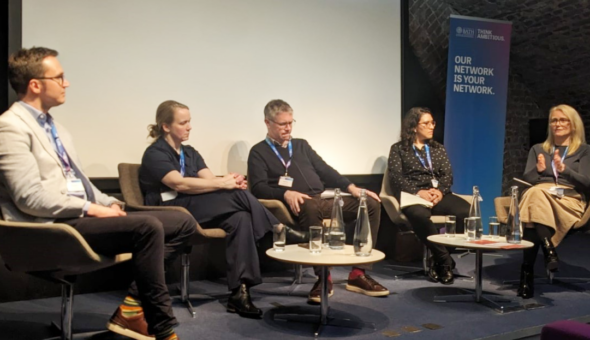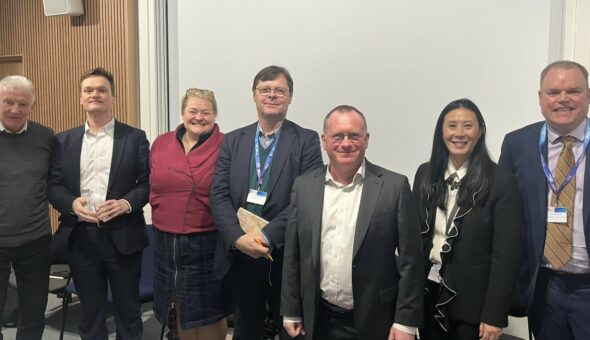Getting research funding to address questions of business and society can bring huge benefits to researchers. Grant funding doesn’t only provide additional financial and research support, it can offer the opportunity to work collaboratively with others in different disciplines, allowing you to make new connections and broaden the reach of your research. The application process, however, can be long and difficult, and particularly for early career researchers, can be very intimidating. At a recent CBOS event at the University of Bath we asked some of the Centre’s most experienced and successful grant recipients and reviewers – Adam Joinson, Ian Tonks and Julie Barnett – to share their top tips for success. Here we summarise ten ‘Dos’ and five ‘Don’ts’ for making successful applications.
Do...
- plan well in advance. It can take months to pull together a strong proposal.
- start out with a real world problem and explain how your research is going to make people’s lives better. Think of the three key questions - Why does this need to be answered now? Why should you be the one to answer it? Why should this work be done here?
- make sure you have a clear research question and that it can be answered.
- be extremely clear and explicit about your methodology, and be sure that the methods you propose will answer your research question.
- make use of more experienced colleagues and talk your proposals through with them – if they are not convinced don’t waste your time making a bid.
- understand that different funders are looking for different things, and target those that are most appropriate for you. Some will want to see risk-taking, blue sky research, while others are interested in outcomes that can translate into policy. Understand what they are asking for and make sure you are offering it to them.
- pitch at the right level. When you’re writing your proposal, think about who will be reviewing it – find a balance between writing for a well-informed social scientist and a subject specialist. Think about what criticisms they might make, and pre-empt them.
- network - especially if you’re an early career researcher. Going to knowledge sharing events and attending funding sandpits is a great way to build networks.
- get letters of support from key stakeholders but don’t just focus on one – think about other academics, policy makers, practitioners – who is going to benefit from this research?
- remember that no work is wasted. Prepare early on for disappointment – success rates can be low. But remember that you can reuse ideas, questions, collaborations for the next bid just around the corner.
Don’t...
- make mistakes. If you make errors in your proposal, how can a funder/assessor be confident that you will not make similar errors in your research? Proof-read, ask someone else to proof-read and then proof-read your proposal again.
- overclaim on anything. Be careful about throwaway comments, and be sure not to over-claim facts related to the disciplines covered by your proposal. Your reviewers will be well-informed social scientists and may be experts in different areas from you. Don’t sell yourself as a sociology or psychology expert if you’re not one – your reviewers might be!
- forget about impact. A research proposal is primarily driven by its intellectual case, but funders expect this innovative idea to have an impact on wider society. Be creative but realistic.
- forget about theory. Your research doesn’t have to have a ground-breaking theoretical contribution, but you need to ground the proposal in a solid theoretical understanding.
- leave anything implicit – if it is not in the proposal, it cannot be considered by the reviewer/assessors. Ensure key aims, research questions and outputs are easy to find (beginning of paragraphs) in case reviewers want to return to them later.
Got any tips to share? Let us know by commenting here or on Twitter
Header image by rawpixel
Respond



